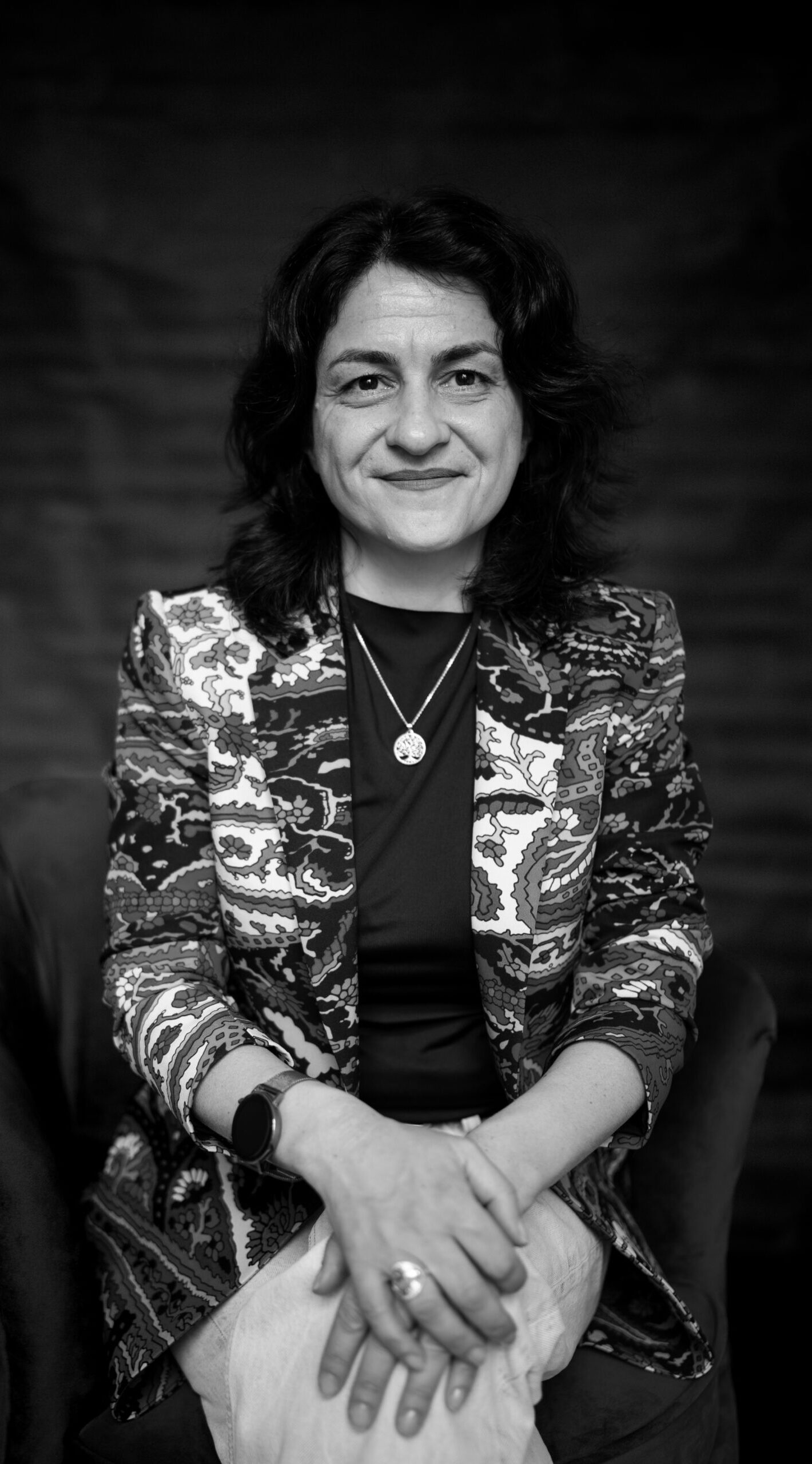
Anca Dumitrescu
Anca Dumitrescu has had her specialization in Applied Behavior Analysis since 2010, and has been certified as the first BCBA behavior analyst in Romania. She is one of the most important national trainers, being involved both in the development of short-term training courses for psychologists and ABA therapists, and within Clemson-Romania – Verified Course Sequence program in applied behavior analysis, initiated in 2016.
Anca founded Autism VOICE with Claudia Matei and Oliviana Giura, the organization through which she managed to develop the first quality standards in Romania in the therapy of children with ASD and the first specialist training projects at the national level. She is involved in coordinating programs within the two Autism Voice centers, in actions to regulate the status of behavior analysis in Romania, in awareness campaigns, lobby & advocacy and especially in projects that support families of children with ASD, development disorders and their therapy. Anca is also the Scientific Coordinator of Bucharest ABA International Conference and President of ABA Romania Institute.
In 16 years of experience and active involvement in the field, she made possible not only the development of behavior analysis in our country and services for children, but also the consolidation of the status of specialists, offering them an ethical guide for practice and all the academic information necessary for practice.